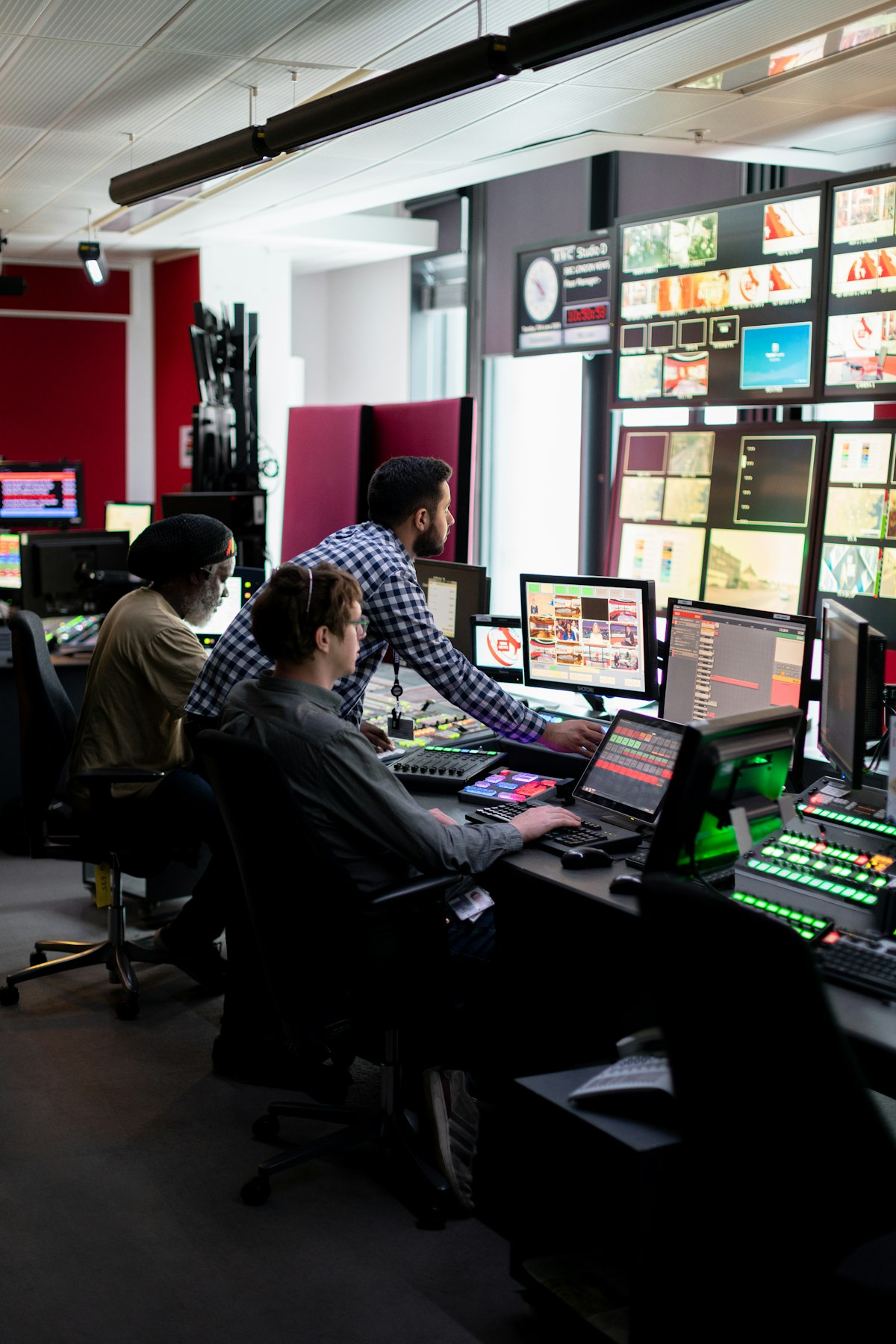Mexico has an average capacity to spread fake news
Mexico is considered among the best positioned in terms of organization, dissemination, and penetration of this type of information. Networks, a perfect niche to create disinformation campaigns. Private entities and politics, main protagonists in the production and propagation of fake news.

Mexico is considered among the best positioned in terms of organization, dissemination, and penetration of this type of information. Socio-digital networks, a perfect niche for creating disinformation campaigns. Politics and private entities, main protagonists in the production and propagation of fake news.
Facebook, WhatsApp, and Twitter are the most recurrent socio-digital networks in Mexico to organize and launch disinformation strategies with a considerable impact on public opinion, particularly the first one is a "monster that can develop a successful business, as well as manage major campaigns of fake news," said Jonathan Hernandez Perez, from the Institute of Library and Information Research (IIBI).
Furthermore, in Mexico the main protagonists in the production and dissemination of disinformation are political parties, the world of politics in general and private entities; "this opens up a panorama in terms of the form of organization to manipulate public opinion, establish agendas and propagate fake news," he said.
He maintained that Mexico is considered to have a medium capacity to propagate fake news. In other words, the teams and strategies are well defined, coherent, and have a certain number of people working full time to set up these attacks. The above means that there is coordination between different actors in the public and private sectors to generate fake news through different tools. "While we are not at the level of China, Russia, Egypt or the United States, leading countries in this field, we are on par with Brazil, Turkey, and the United Kingdom, we have an average capacity, positioned by the number of users who use Facebook, WhatsApp, and Twitter."
In Latin America, Mexico is among the "best positioned in terms of organization, dissemination, and penetration of disinformation, on a par with countries such as Brazil, Argentina, and Colombia, leaders in this field". Mexicans -he emphasized- have an average preparation to detect this type of data, because solid media and information skills campaigns have not yet been developed, although efforts have been made, particularly since the beginning of the COVID-19 pandemic.
Some libraries have been raising their voices for decades, as well as several efforts by universities; however, this does not yet reach the general population, particularly vulnerable communities or these niches that do not have digital skills, such as older adults. The expert in Library and Information Studies indicated that in general terms they are the most powerful vehicles through which the so-called fake news is spread by users (individuals, groups, organizations, companies, governments, and politicians), to persuade the public opinion, elevating a certain candidate or "bringing him down", for example.
These platforms also allow this to happen, since in many cases there is monetization involved; this is something that has been documented and Facebook is a concrete example, said the university professor when participating in the "Festival of Sciences and Humanities 2021". Hernandez Perez considered that "they are the perfect niche for the cultivation of disinformation campaigns" because technologically they make it possible to have different forms: text, image, audio, deepfake, (creation of false images indistinguishable from reality), as well as manipulated videos with a certain impact on the consumption of information.
In 2019, the University of Oxford released a report on disinformation and computational propaganda, in which it placed Mexico among the first countries in Latin America that generated the highest number of such campaigns. Infographics, websites, and false articles in journals that nobody reviews, also contribute to the dissemination.
In his presentation "Against Fake News", Jonathan Hernandez explained that disinformation should be understood as false and inaccurate information, intentionally designed to cause public harm, although this action is not new, not even the attempts to control and regulate it. "This comes from many years ago, although for a couple of decades, in times of social unrest, natural disasters, even in previous health crises, intense disinformation campaigns have been developed."
However, he abounded, from 2016 onwards, events arose that began to shape public opinion and had a major impact on the information field, including the US presidential elections, with Donald Trump as the protagonist; the Brexit referendum, even the Peace Accords in Colombia. Disinformation campaigns were registered in these events and were positioned in international agendas.




